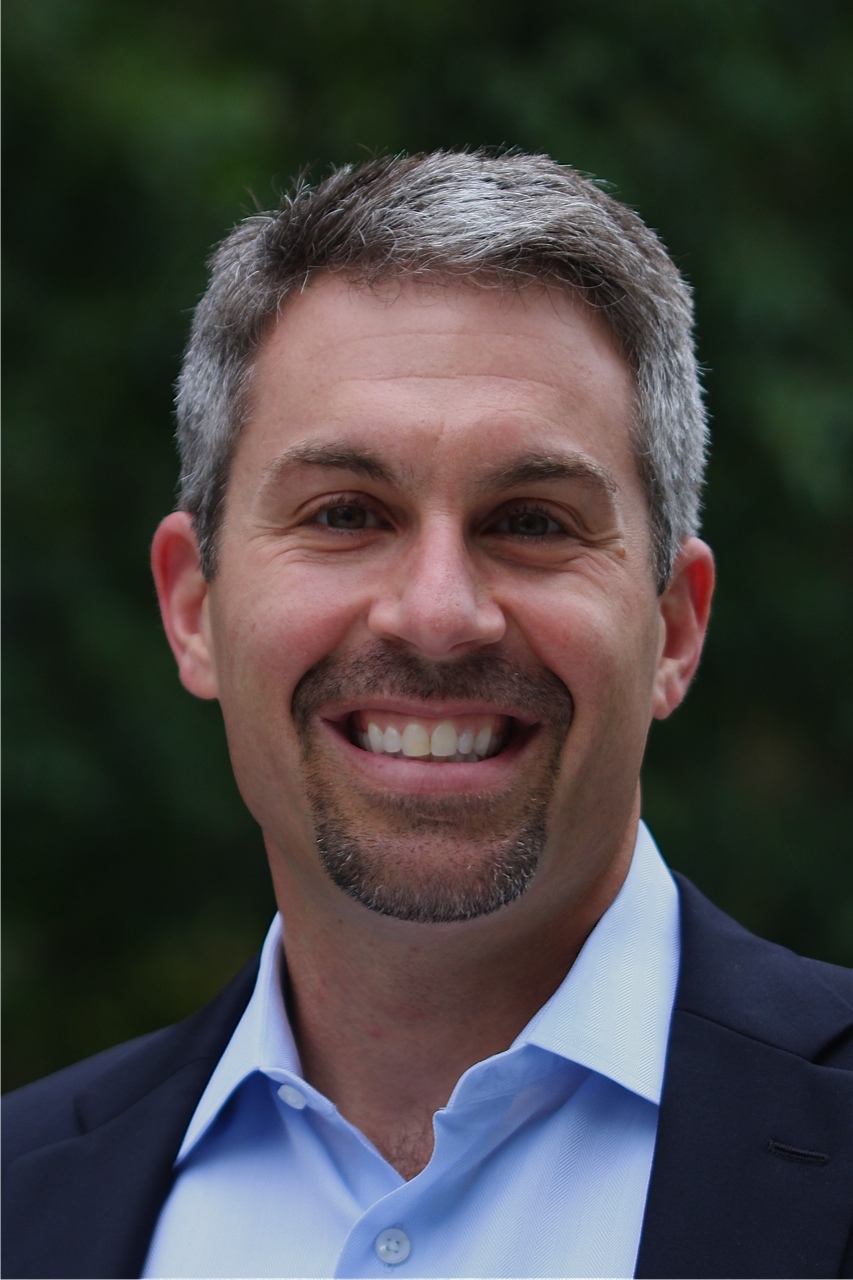About three years ago, I was called by the Head Chaplain of the Butner Federal Correction Institution located forty-five minutes north of my home in Raleigh, NC. This is the same penitentiary where (in)famous prisoners like Jonathan Pollard and Bernard Madoff currently reside. The chaplain’s message came with a southern drawl: “Rabbi, we have a deceased Jewish inmate whose family refuses to claim his body. I know this is late notice, but by any chance, could you come up today and do the funeral?”
I didn’t know what to say.
My first thought was “Of course.” Every Jew deserves a proper burial. It’s an example of met mitzvah. Full stop.
But then I thought again. I didn’t know the inmate’s criminal history nor why his family refused to take responsibility for his funeral. Maybe there was a good reason why they declined?
I had to explore the issue further, so I told the chaplain that, while I was unable to travel up to Butner today, I wanted to schedule a time to visit the prison, meet with the chaplains, and get a better understanding of what exactly an “inmate funeral” truly meant.
For weeks, the question swirled inside of me. When it comes to a funeral, am I like an Emergency Room physician who, as a matter of code, must serve every person who enters the hospital? Or am I akin to a therapist in private practice who, in principle, is prepared to serve everyone but reserves the right to decline?
To get to an answer, I travelled to Butner and spent a day with three chaplains at the Medium Security facility. To say it was eye-opening would be an enormous understatement.
At one point, one of the chaplains, a Southern Baptist Evangelical in his mid-30s, took me on a tour of the area where the community chapel was located. Right outside the entrance, at eye-level, was a 3-foot poster under a sheet of glass. The poster read something like: “The following religions are officially recognized by the US Federal Corrections System and retain federal protection…” and it went on to list about twenty religions. As you might imagine, all of the major religions were on the list: Christianity, Islam, Judaism, Hinduism, Buddhism, etc. But I was most struck by the inclusion of the lesser known religions such as Wiccan, Native American spirituality, and some others that I had never heard of before.
The chaplain saw me eyeing the chart, so he drew close, and pointed his finger at the chapel. “Rabbi,” he said, “on the Sundays when I preach in this chapel, I preach the Bible straight. I tell these inmates who’s going to Heaven and who’s going to Hell. And as far as I’m concerned, all of those who don’t believe in Jesus, the Good Book tells me, are idolaters. But, I’ll tell you that when I step out of that chapel and enter this hallway, I am here to serve the religious needs of every inmate of every religion listed on this here poster. That’s their right, protected by our Constitution, and I am sworn to uphold and support their right of religious expression.” In fact, he shared that later that day he was scheduled to meet a few chaplains and Native American inmate leaders to build a sweatlodge for an upcoming celebration. I was absolutely speechless. This Southern, ultra-conservative preacher gave me the answer I was seeking. He staked his life on his own religious beliefs, but as a matter of principle, he was willing to serve even those he considered to be the greatest of sinners. In other words, he believed that each of these inmates was made in the image of God and deserved basic, decent treatment. A minimum of dignified service.
I find this same teaching in the pairing of this week’s two parshiyot, Acharei Mot and Kedoshim. On one level, these sidrot have little in common. One deals a bit with the death of Aharon’s sons and then goes on to focus on the Yom Kippur ritual, while the other is primarily centered on our tradition’s most treasured ethics.
But just the names of the parshiyot offer us a teaching with which I believe my Southern Baptist chaplain friend would agree. “Acharei Mot…Kedoshim Tihiyu—After the death of….You shall be holy”—meaning that, after a person dies, the responsibility of the priest is to be holy. The person may have been a despicable, horrific sinner, but as a rabbi, I am called to honor God’s image, not the sinner’s image. The funeral, at its essence, comes to honor God and the dignity of all human life.
I told the chaplains at the Butner facility that they can call on me the next time a Jewish inmate dies. Not because s/he deserves it, but because God does. Acharei Mot…Kedoshim Tihiyu.
Rabbi Eric Solomon, the spiritual leader of Beth Meyer Synagogue in Raleigh, NC, is the Vice Chair of Truah.

